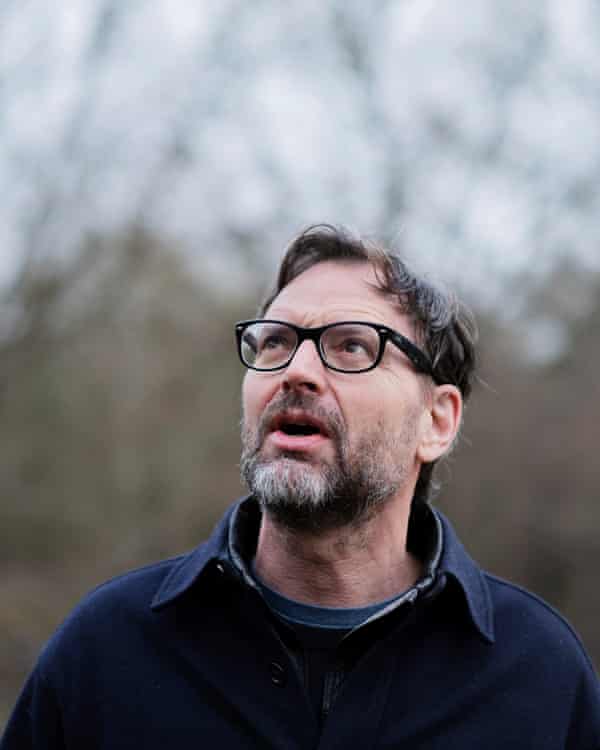Sir David Attenborough’s latest advice for restoring our damaged relationship with nature is reassuringly straightforward. “One of the simplest things that you should do if you get the chance, when you get the chance, is just naturally to stop,” he told the Call of the Wild podcast.
I am wandering through Horsenden Wood, in far west London, looking for a good place to stop. Although it’s a tightly circumscribed parcel of nature – 10 acres in total, and all that remains of the ancient forest that once dominated these parts – I am, in truth, a little bit lost. Walking in aimless circles will do that to you. I could not, at this moment, even point in the general direction of my car.
Once I discover a place where I can’t see anything but trees – mostly oak and hornbeam, according to a sign I’ve passed three times – I consult Sir David’s instructions again. “Sit down,” he said. “Keep quiet. Wait 10 minutes. You’ll be very surprised if something pretty interesting didn’t happen within 10 minutes. Doing that in a woodland, if you haven’t done it, is extraordinary. Don’t get too impatient either.”
I am a little impatient, because the log I’m sitting on is wet. Occasionally I have to pretend to look at my phone when a dog walker passes near, because a middle-aged man sitting by himself and being very quiet looks, I think, a bit suspect. If people believe I’ve just stopped to check my emails, they will be reassured: he’s only working from nature. In the meantime I train my ears to listen.
The first thing I recognise is a firm bedrock of noise, a churning, whitewater rush that underpins the whole symphony. This is the A40, about a mile south. It’s annoying, but also sort of comforting. In the 30 years I’ve been in the UK I’ve always lived within earshot of this river of traffic. Its sudden absence during that first, panicked lockdown was slightly unsettling.
Next: birds – lots of them. “Speaking for myself, then you’ll realise how ignorant you are,” Sir David said, “how you can’t actually recognise what that birdcall is, which you ought to be able to, I certainly ought to be able to do.”
My wife can identify many different birds from their calls. I, on the other hand, know the names of about a dozen common skirting board profiles. This does not, I can assure you, help to break the ice at parties.

I do my best. I know the bark of the crow, and the cries of parakeets, but after 10 minutes a complex world of sound opens up, featuring calls I only describe: fluting tweets, short harmonica chirps, a distant swanee whistle, and the long, whining fall of a siren. That turns out to be an actual siren, a police car heading east.
Then, finally, a woodpecker starts drumming in the tree directly above me. I’ve only recently learned that woodpeckers peck not just to drill for insects, but also to communicate with one another. They have no call but pecking. Sure enough, in the distance another woodpecker answers. I am reminded that I once saw a woodpecker pecking a metal mobile phone mast. At the time I thought he was being an idiot, but the sound was amazing.
At some point the dominant birdcalls die down and a sub-layer of quieter birds can be heard from the undergrowth. I watch a squirrel dig for a nut that he clearly remembers burying, if not exactly where. Eventually, he finds it.
I’ve spent more time in parks and woodland during lockdown than in any other year of my life, but always walking and always talking, because the outdoors is the only place you’re allowed to see other people. Sometimes I get told off for not saying enough, for falling silent and looking around instead of asking the kind of questions that mark you out as a good listener. But this kind of listening – alone, on a wet log – I could get used to.
o Hadley Freeman and Tim Dowling will be in conversation on 25 February at 8pm. Find details and GBP5 tickets for their live streamed event at membership.theguardian.com.